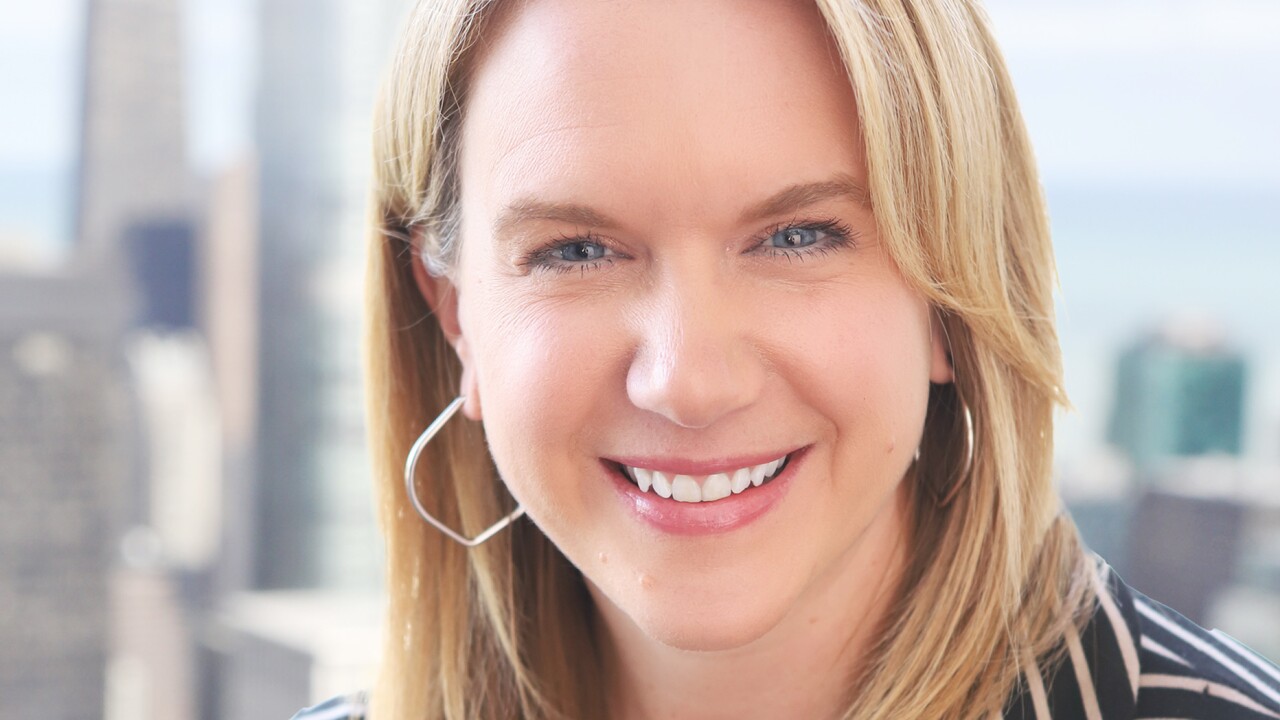Regulators have ordered Hanmi Bank in Los Angeles to strengthen its capital base, board oversight, and underwriting practices as it works through rising credit costs.
Hanmi, a unit of the $3.85 billion-asset Hanmi Financial Corp., said Tuesday that on Oct. 8 it signed a memorandum of understanding with the Federal Reserve Bank of San Francisco and the California Department of Financial Institutions. Among other things, the agreement requires it to beef up its senior management ranks, improve oversight of both its board and its lending and fund management policies, and maintain minimum ratios to be considered well capitalized.
In June, Hanmi hired Jay S. Yoo as its chief executive. Mr. Yoo, formerly the CEO of Woori America Bank in New York, a unit of Woori Bank of South Korea, succeeded Sung Won Sohn, who retired in December. Mr. Sohn, who had been an economist at Wells Fargo & Co. before joining Hanmi in 2004, is now an economist at California State University, Los Angeles. (Chung Hoon Youk, who also has left the company, had been Hanmi's interim CEO.)
In a statement issued Tuesday to American Banker, Mr. Yoo said, "Most of the MOU order has already been addressed."
Hanmi suspended its dividend in August to address capital issues. It is centralizing its credit underwriting operations, creating a mechanism to monitor all loans, and increasing resources to tackle problem assets. In August it hired a credit officer, John Park, filling a post that had been vacant for a year. Mr. Hoon Youk, who had been interim credit officer, left to become the CEO of Saehan Bancorp and its banking unit.
Mr. Yoo said Tuesday: "In addition to solidifying our senior management team, we also reduced our head count by 10% in August. We are on our way to complying with all of the order." The work-force reduction was a voluntary move to boost earnings and maintain capital ratios. But capital ratios remain a problem and could become a bigger one if Hanmi's credit quality worsens, analysts said.
Hanmi lost $105.5 million in the second quarter on a $107.4 million goodwill impairment charge and a $19.2 million loan-loss provision, a sixfold increase from a year earlier. At June 30 the company had a Tier 1 capital ratio of 9.4% and a risk-based capital ratio of 10.66%, but in the second quarter nonperforming assets rose fourfold from a year earlier, to $112 million, or 3.34% of loans. Analysts said further deterioration in credit quality could force Hanmi to raise additional capital.
Brett Rabatin, an analyst at First Horizon National Corp.'s FTN Midwest Securities Research, said Hanmi would be a good candidate for the government's $250 billion plan to buy equity stakes in struggling banks.
However, he said, "The Korean banking community has a lot of pride, and they might consider that to be a handout." Instead, Hanmi may try to continue to shrink the balance sheet by making fewer loans, he said. Hanmi declined to comment.
Sean Ryan, an analyst at Sterne, Agee & Leach Inc., said Hanmi has made or participated in a number of outsized real estate loans that are now skewing the nonperforming ratios. But so far it appears that the company is working through those credits and that it may not suffer additional losses on them, he said. The "800-pound gorilla for all of the Korean-American banks" in Southern California "is how the commercial real estate market will hold up" if the economy continues to falter, Mr. Ryan said.
Hanmi has not said when it would report its third-quarter results. Under the memorandum of understanding, Hanmi also agreed it would not: pay dividends or payments on its trust-preferred securities; incur or renew debt; buy back stock; or appoint new directors or senior executive officers without regulatory approval.
Mr. Ryan said it was "striking" that the regulators' order was so comprehensive and that it included requirements for additional board oversight, assessment, and education. He said Mr. Sohn had attempted to transform Hanmi into "almost a mini-Wells" by introducing new products and doing more cross-selling, but he also encouraged the bank to make or participate in bigger, riskier real estate loans than it should have, Mr. Ryan said. Mr. Sohn did not comment at press time.
Mr. Yoo is an experienced bank CEO from New York, which has a smaller Korean-American market than Southern California, Mr. Ryan said.





